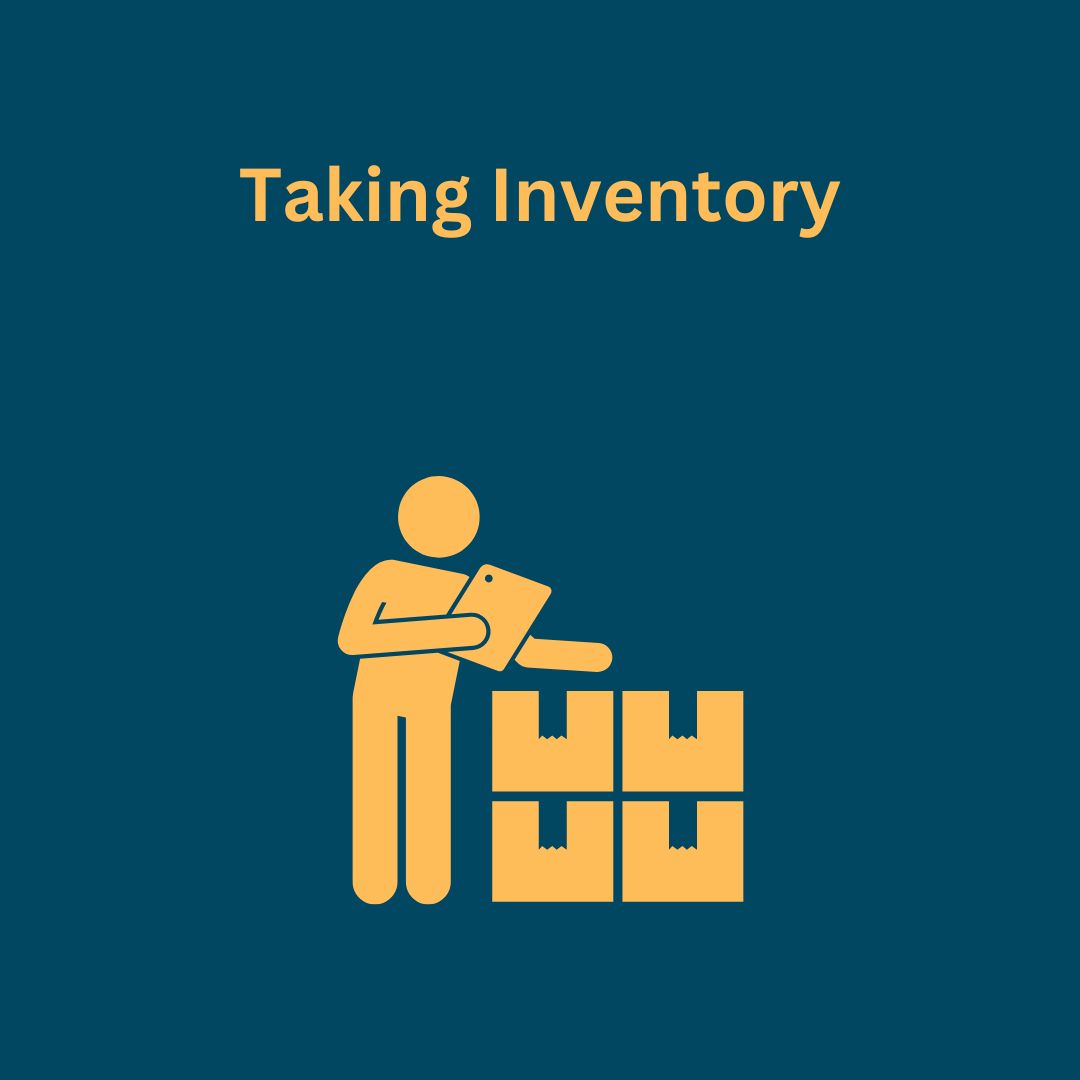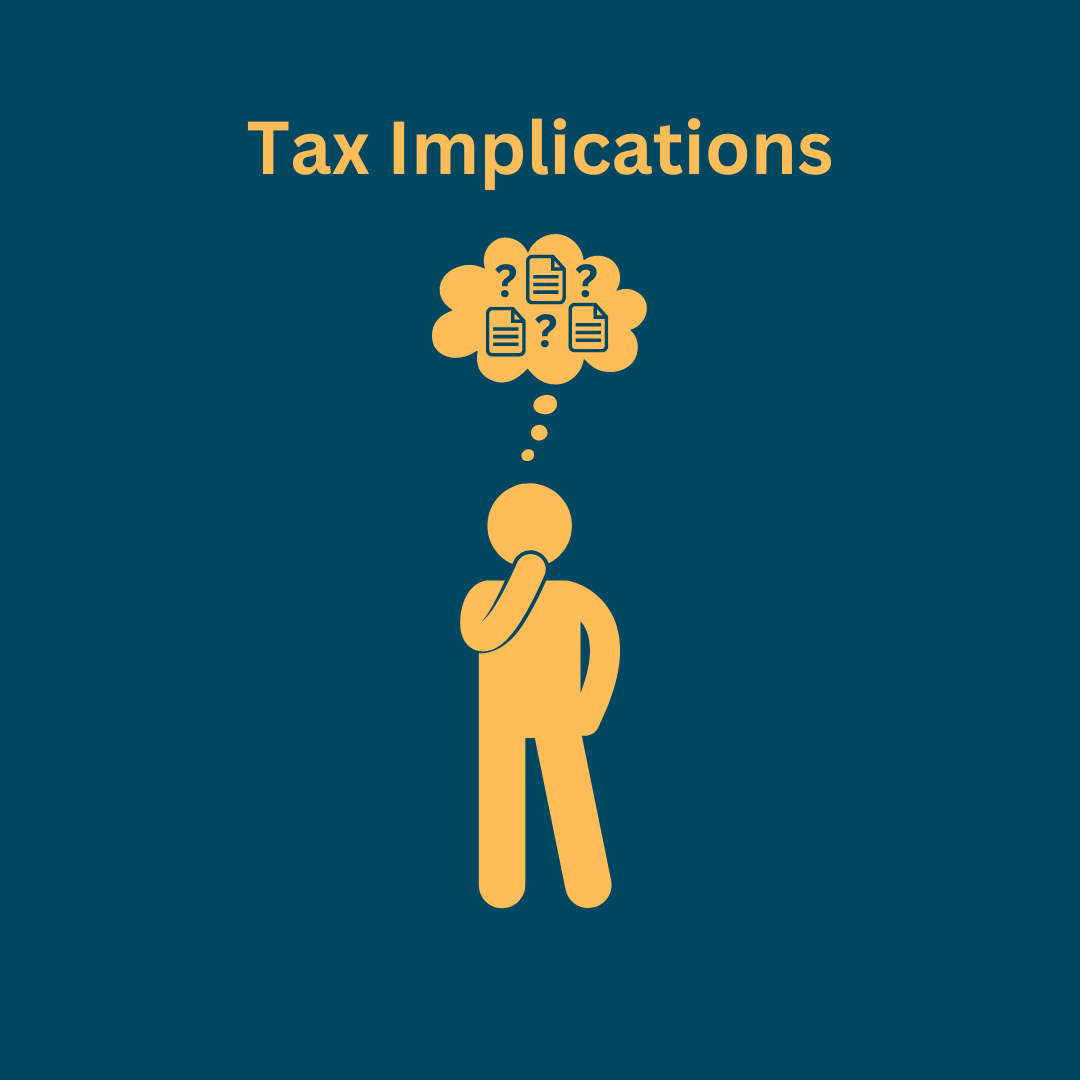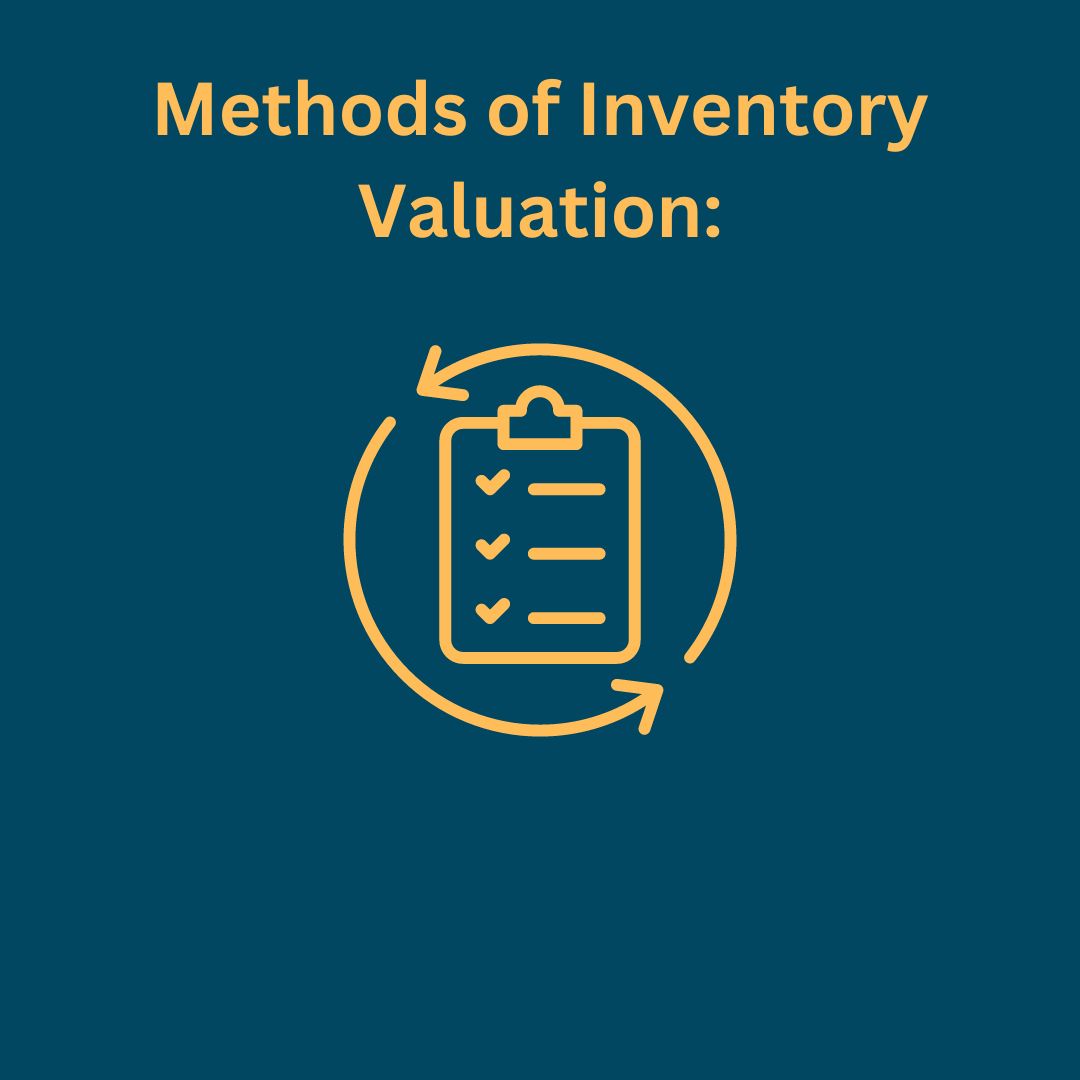In the intricate dance of commerce, inventory stands as a silent yet pivotal player. For any business dealing with tangible goods, the accurate valuation of inventory is not just a mundane accounting task but a strategic imperative. From determining profitability to gauging financial health, the value assigned to inventory reverberates across the entire spectrum of operations. In this blog post, we delve into the significance of valuing inventory and explore various methods employed by businesses to ascertain this crucial metric

Why Does Inventory Valuation Matter?
Inventory valuation serves as the cornerstone of financial reporting and decision-making for businesses across industries. Here’s why it holds such paramount importance:

1. Accurate Financial Reporting: The value of inventory directly impacts a company’s balance sheet, income statement, and cash flow statement. It affects metrics such as gross profit margin, cost of goods sold (COGS), and ultimately, the bottom line. Proper valuation ensures compliance with accounting standards and provides stakeholders with a clear picture of the business’s financial position.

2. Strategic Decision-Making: From pricing products to managing production levels, inventory valuation guides numerous strategic decisions. A precise understanding of inventory value enables businesses to optimize stocking levels, identify slow-moving or obsolete items, and streamline procurement processes. It also aids in assessing the feasibility of expansion, mergers, or acquisitions.

3. Tax Implications:Different valuation methods can result in varying tax obligations. Choosing the appropriate method can help minimize tax liabilities while ensuring compliance with tax regulations. This aspect underscores the need for businesses to understand the implications of their chosen valuation method on tax reporting.

4. Investor Confidence: Investors and lenders rely on accurate financial data to evaluate the performance and prospects of a company. Transparent and consistent inventory valuation practices enhance credibility and foster trust among stakeholders, thereby facilitating access to capital and investment opportunities.

Methods of Inventory Valuation:
Several methods are commonly employed to value inventory, each offering distinct advantages and suitability based on factors such as industry norms, inventory turnover rates, and cost flow assumptions. Some of the primary methods include:
1.First-In, First-Out (FIFO): This method assumes that the oldest inventory items are sold first. It aligns with the natural flow of goods in many businesses and tends to reflect current market prices more accurately during inflationary periods.
2. Last-In, First-Out (LIFO): In contrast to FIFO, LIFO assumes that the most recently acquired inventory is sold first. While it may better match current costs during periods of inflation, it can distort the representation of inventory value on the balance sheet.
3. Weighted Average Cost: Under this method, the cost of goods available for sale is divided by the total number of units to calculate a weighted average cost per unit. It offers simplicity and smoothens out fluctuations in purchase costs over time.
4. Specific Identification: Particularly applicable to businesses dealing with unique or high-value items, this method involves individually identifying and valuing each item in inventory. While it offers precision, it may not be practical for businesses with large inventories of homogeneous items.
Conclusion:
In the intricate tapestry of commerce, the valuation of inventory emerges as a linchpin that binds together financial reporting, operational efficiency, and strategic foresight. Businesses that grasp the nuances of inventory valuation wield a potent tool for navigating the complexities of modern markets and positioning themselves for sustainable growth and prosperity. By adopting sound valuation practices and staying abreast of evolving regulatory and industry standards, businesses can fortify their foundations and chart a course towards enduring success in an ever-changing landscape.
Disclaimer: The information provided above is not meant to be legal or tax advise. You should consult your CPA and attorney to determine the best course of action for your situation.
Mitzi E. Sullivan, CPA is a cloud based professional services provider
specializing in cloud accounting.